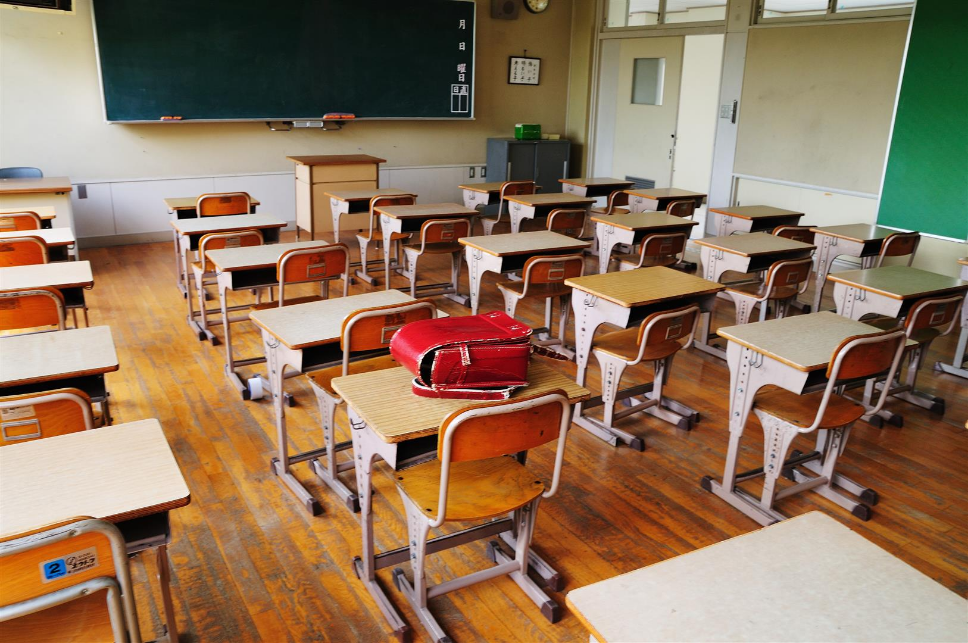By Johnathan Paoli
Parliament has passed the controversial Basic Education Laws Amendment bill, described by some as a watershed moment that could see the change in the language of instruction for schools.
Against a background of criticism, the bill amends the South African Schools Act and the
Employment of Educators Act if enacted, will allow the Head of Department to decide on what language will be used in the classroom – instead of the School Governing Body.
Solidarity Union spokesperson Dirk Hermann said the government does not appreciate the
concerns of the Afrikaans community.
“BELA gives the head of department final authority if it comes to school admissions and
language, and that is a substantial threat to Afrikaans schools. Government underestimates our sentiments about Afrikaans, and this could lead to a dispute between the government and the Afrikaans community and that could lead, unfortunately, to litigation,” Hermann said.
Afriforum head of cultural affairs, Alana Bailey, said the organisation will oppose the BELA bill with legal action nationally, and, if necessary, internationally because it posed a threat to the continued existence of Afrikaans schools and quality education.
“This morning a committee member stated that he and some fellow parliamentarians are tired of being threatened with court action, but the public is tired of being ignored and confronted with flawed, ill-considered and even harmful legislation that disregards our civil rights,” Bailey said.
However, Minister of Basic Education, Angie Motshekga praised the passing of the bill and
said it was the result of a long and hard process.
“I am happy and grateful for the people who have assisted us in this process. It’s been long in the making, almost ten years. All of the clauses, we needed them,” Motshekga said.
Basic Education head of communication Elijah Mhlanga said that despite the misconceptions, there is no drive to disempower SGBs.
“It aspires to harmonise the powers of the SGB with the directives of the relevant provincial head of department. While the SGB is initially tasked with setting a school’s language policy, the bill emphasises that this authority is not unequivocal. It ascertains that such policies are adaptable, inclusive and congruent with the constitutional right to basic education,” Mhlanga said.
He said that the bill aimed to guarantee a constitutional right to education and is centred on ensuring schools adopt a compassionate and pragmatic stance towards supporting students.
The department said the bill addresses key challenges that have, for years, hindered the
progress of the educational ecosystem.
Gauteng Premier Panyaza Lesufi joined the debate and called its passing ‘a victory for
transformation’.
“From now on, no racist will determine the language policy for a non-racial South Africa! We said it, and we are saying it, the one who laughs last, laughs best! When those who won a racist court case refusing our children to enroll at a Vaal school, we told them, enjoy it while it last! Victory is certain!” the premier said.
Following its passing, the bill will be sent to President Cyril Ramaphosa for approval to be
signed into law.
INSIDE EDUCATION

